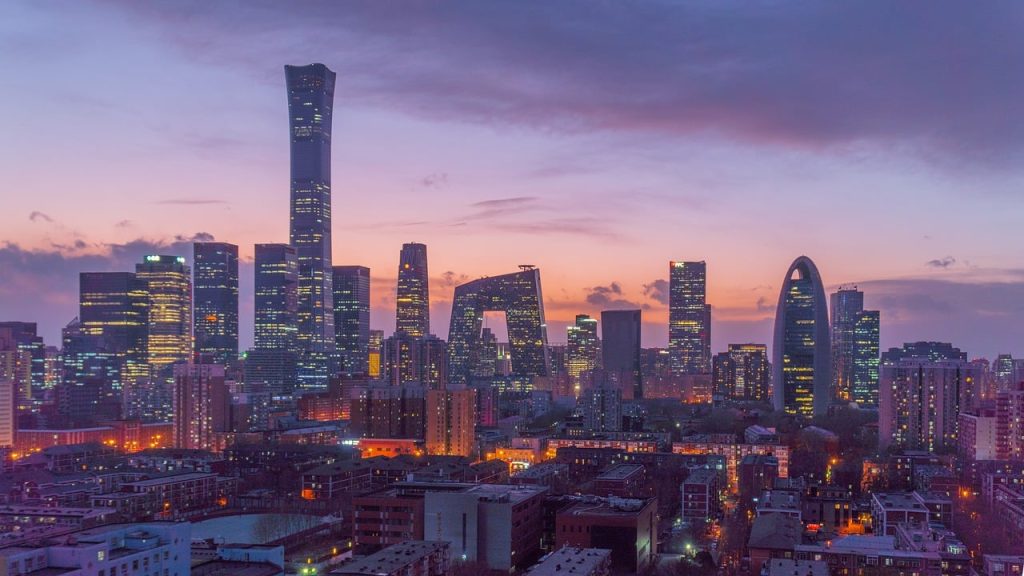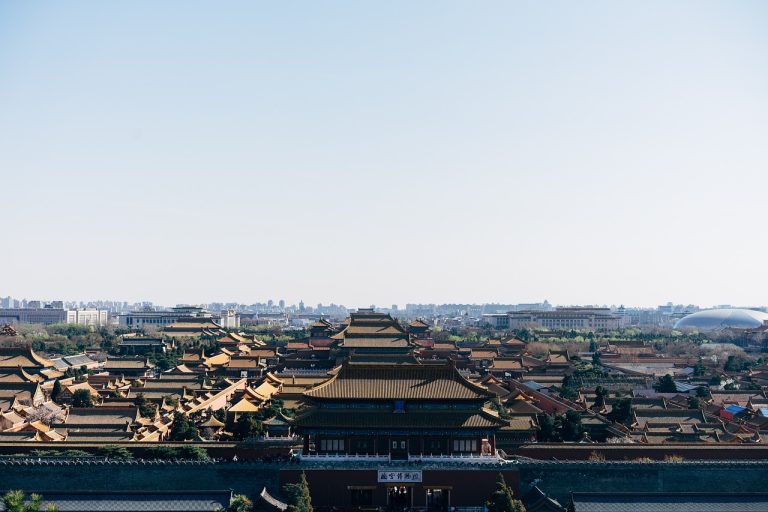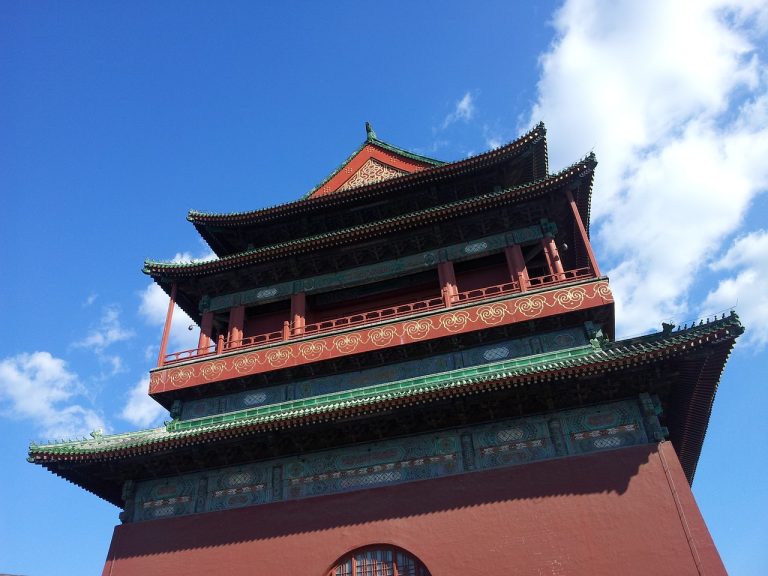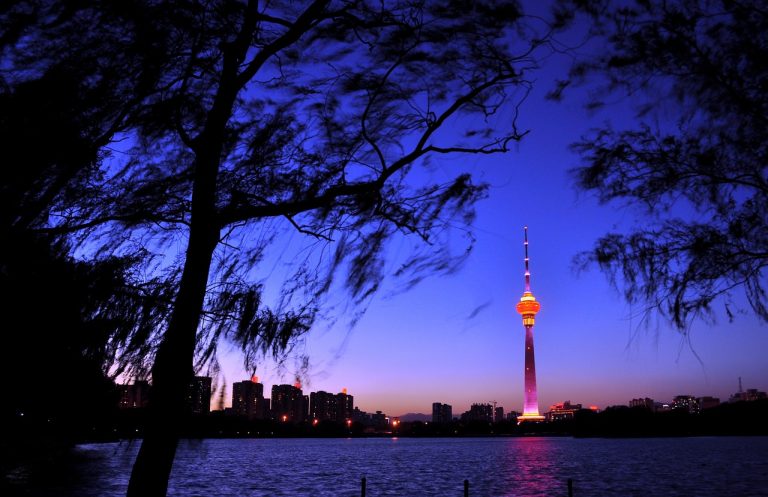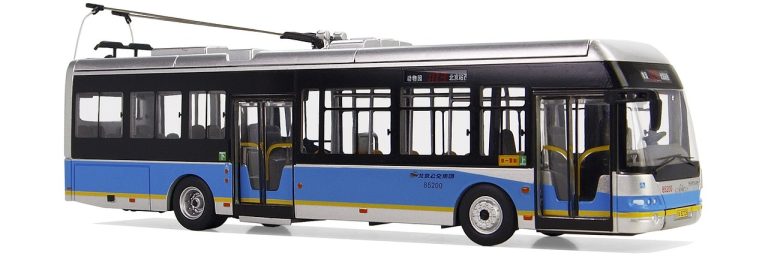Beijing China Video
Practical Tips for Exploring Beijing China
Beijing, the capital city of China, is a vibrant metropolis with a rich history and a blend of modern and traditional attractions. Whether you’re visiting for business or pleasure, it’s essential to be well-prepared to make the most of your time in this fascinating city. Here are some practical tips to help you explore Beijing China:
1. Getting Around: Beijing has an extensive public transportation system that includes the subway, buses, and taxis. The subway is the most convenient and efficient way to navigate the city, with signs in both Chinese and English. Taxis are readily available but be sure to have your destination written in Chinese characters to avoid any language barriers.
- Emphasized Keyword: public transportation
- Subway: The subway system in Beijing is clean, reliable, and affordable. It covers most major attractions and is a popular choice for both locals and tourists.
- Buses: Buses are a more budget-friendly option, but they can be crowded and prone to traffic congestion. It’s essential to know your bus route and have a map or translation app handy.
- Taxis: Taxis are readily available throughout Beijing. Make sure the taxi has a working meter and ask for a receipt (fapiao) at the end of your journey.
2. Language: Mandarin Chinese is the official language in Beijing. While English is spoken in some tourist areas, it’s helpful to learn a few basic Mandarin phrases, such as greetings and asking for directions. Having a translation app or a pocket dictionary can also be handy.
- Emphasized Keyword: Mandarin Chinese
- Greetings: Learn basic greetings like “ni hao” (hello) and “xiexie” (thank you) to show respect and courtesy.
- Directions: Familiarize yourself with phrases like “zai nar” (where is) and “wo yao qu” (I want to go to) to ask for directions.
- Translation Apps: Download translation apps like Google Translate or Pleco to assist you in communicating with locals.
3. Currency: The official currency in China is the Chinese Yuan (CNY) or Renminbi (RMB). Cash is widely accepted, but credit cards are becoming more common in larger establishments. It’s advisable to carry some cash for smaller shops, markets, and street vendors.
- Emphasized Keyword: Chinese Yuan
- ATMs: ATMs are readily available in Beijing, and major credit cards are accepted. However, it’s a good idea to inform your bank about your travel plans to avoid any issues with card usage.
- Currency Exchange: Exchange your currency at banks or authorized exchange counters. Avoid exchanging money with street vendors or unauthorized individuals.
- Small Denominations: Carry small denominations of Chinese Yuan for convenience, especially when shopping at local markets.
4. Accommodation: Beijing offers a wide range of accommodation options to suit every budget. From luxury hotels to budget-friendly hostels, you’ll find something that meets your needs. It’s advisable to book your accommodation in advance, especially during peak travel seasons.
Beijing China Image 1:
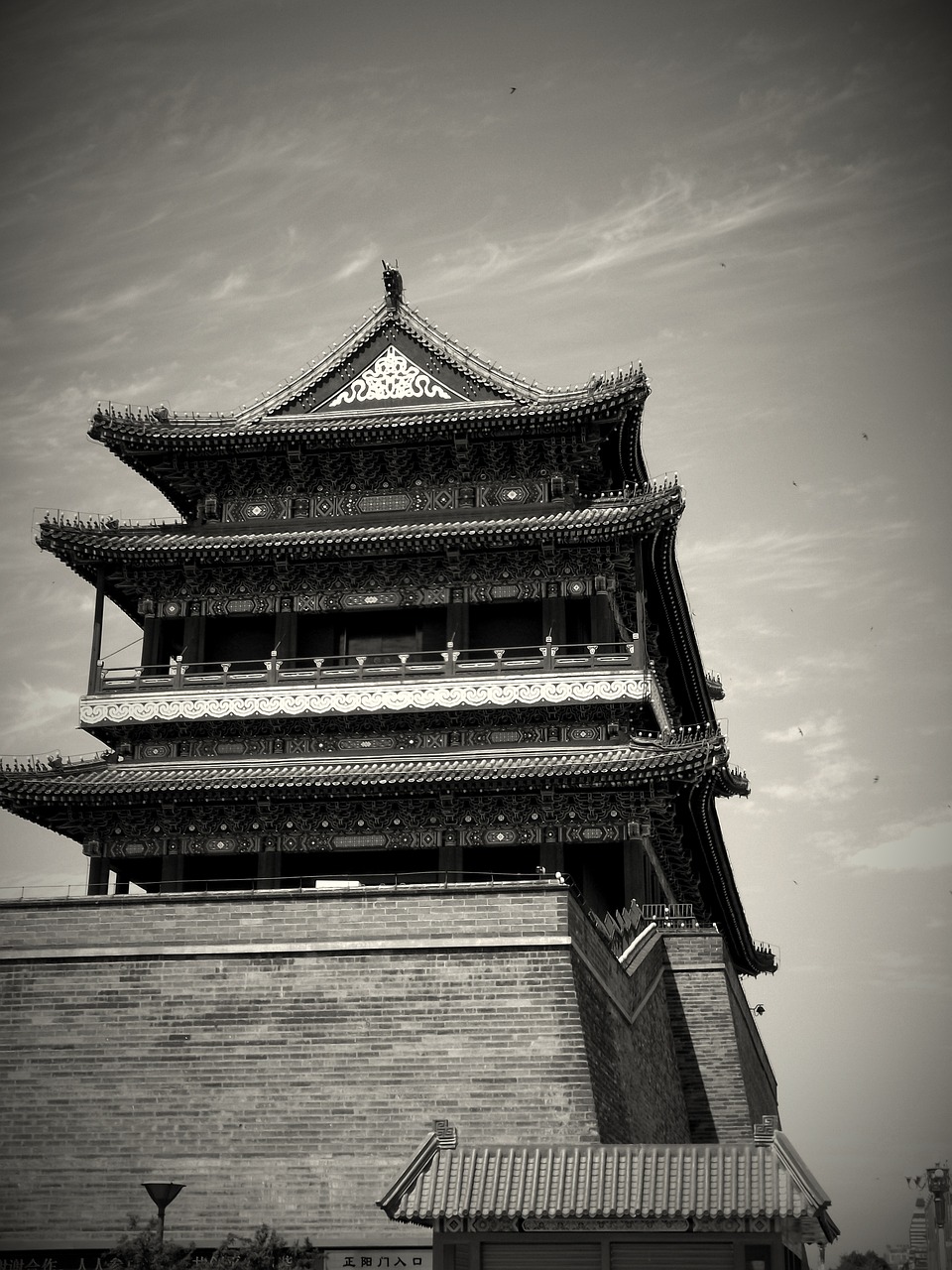
- Emphasized Keyword: accommodation options
- Luxury Hotels: Beijing is home to several world-class luxury hotels that offer top-notch amenities and services.
- Mid-range Hotels: There are numerous mid-range hotels in Beijing that provide comfortable accommodations at more affordable prices.
- Hostels and Guesthouses: For budget travelers, hostels and guesthouses are a popular choice. They offer shared or private rooms at lower rates.
5. Must-See Attractions: Beijing is renowned for its historical and cultural landmarks. Some of the must-see attractions include the Great Wall of China, the Forbidden City, Tiananmen Square, and the Temple of Heaven.
- Emphasized Keyword: must-see attractions
- Great Wall of China: Visit one of the most iconic structures in the world, offering breathtaking views and a glimpse into China’s ancient history.
- Forbidden City: Explore the imperial palace complex that served as the home of Chinese emperors for nearly 500 years.
- Tiananmen Square: Discover the heart of Beijing, known for its historical significance and grandeur, with notable landmarks like the Monument to the People’s Heroes and the Mausoleum of Mao Zedong.
- Temple of Heaven: Experience the architectural beauty and cultural significance of this ancient temple complex, where emperors once prayed for good harvests.
6. Dining: Beijing offers a diverse culinary scene, ranging from traditional Chinese cuisine to international flavors. Don’t miss the opportunity to try iconic dishes like Peking duck, dumplings, and hot pot.
Beijing China Image 2:
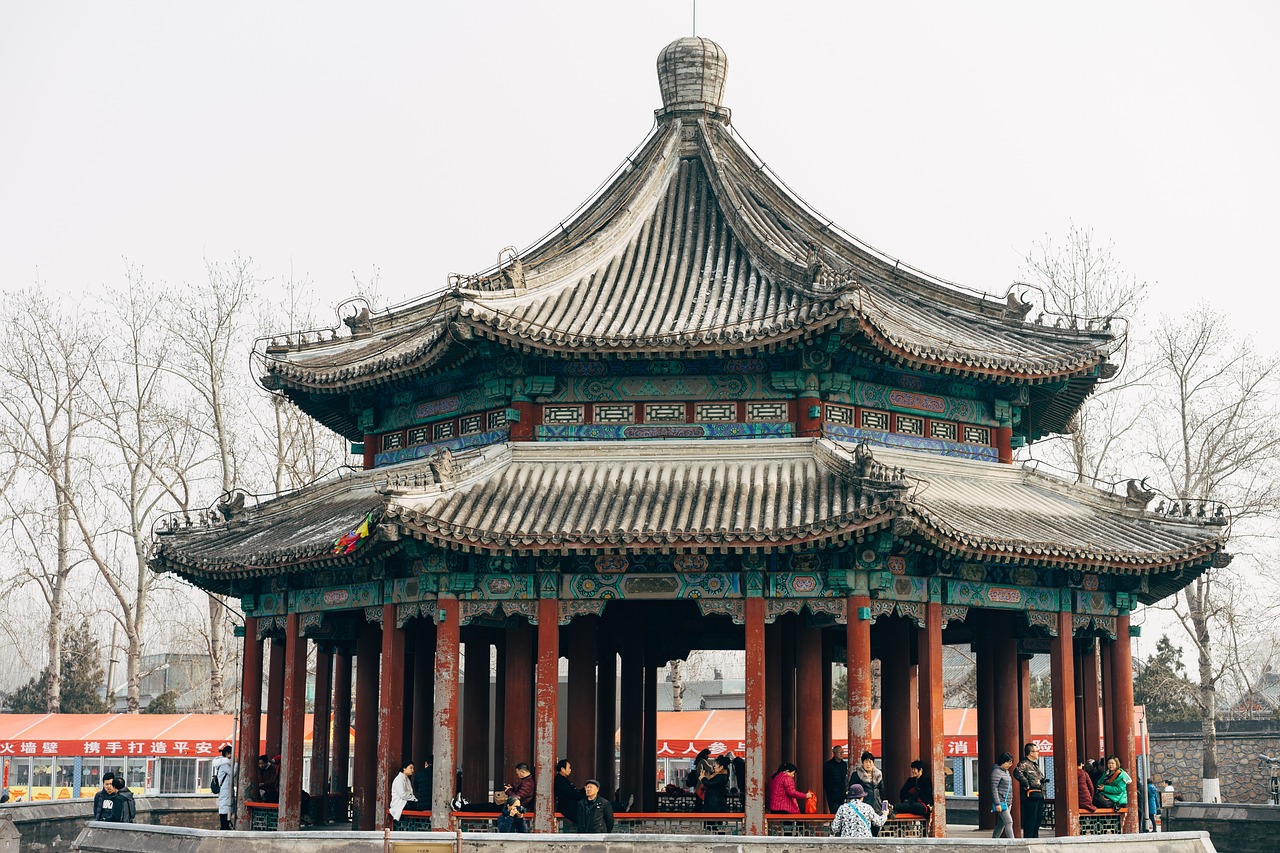
- Emphasized Keyword: diverse culinary scene
- Peking Duck: Indulge in the famous roasted duck dish, known for its crispy skin and tender meat.
- Dumplings: Enjoy a variety of steamed or pan-fried dumplings filled with different ingredients, such as pork, shrimp, or vegetables.
- Hot Pot: Experience the interactive dining style of hot pot, where you cook a variety of ingredients in a simmering pot of broth at your table.
- Street Food: Explore the local street food scene, with stalls offering delicious snacks like jianbing (Chinese crepes) and lamb skewers.
7. Shopping: Beijing is a shopper’s paradise, with a mix of modern shopping malls, bustling markets, and traditional street markets. From luxury brands to local crafts, you’ll find something for everyone.
- Emphasized Keyword: shopping options
- Wangfujing Street: Explore one of Beijing’s most famous shopping streets, lined with international brands, department stores, and traditional Chinese snack vendors.
- Silk Street Market: Bargain for silk garments, accessories, and souvenirs at this bustling market known for its wide selection of goods.
- Panjiayuan Market: Discover a treasure trove of antiques, traditional crafts, and unique collectibles at one of China’s largest flea markets.
- 798 Art District: Immerse yourself in the contemporary art scene at this former factory complex turned art district, featuring galleries, boutiques, and cafes.
8. Safety: Beijing is generally a safe city for travelers, but it’s always important to take precautions and be aware of your surroundings.
- Emphasized Keyword: safety tips
- Be Vigilant: Keep an eye on your belongings and be cautious of pickpockets, especially in crowded tourist areas.
- Stay Connected: Have a local SIM card or access to reliable internet to stay connected and navigate the city easily.
- Emergency Numbers: Familiarize yourself with emergency numbers like 110 (police) and 120 (ambulance) in case of any unforeseen circumstances.
- Respect Local Customs: Observe and respect local customs and traditions, such as covering your shoulders and knees when visiting religious sites.
9. Weather: Beijing experiences four distinct seasons, with hot summers and cold winters. Be prepared for the weather conditions during your visit.
- Emphasized Keyword: weather conditions
- Spring (April to June): Mild temperatures and occasional rain. Layered clothing is recommended.
- Summer (July to August): Hot and humid with temperatures reaching over 30°C (86°F). Carry sunscreen, a hat, and stay hydrated.
- Autumn (September to November): Cool and crisp weather, ideal for outdoor activities. Bring a light jacket or sweater.
- Winter (December to February): Cold with temperatures dropping below freezing. Bundle up with warm clothing, including a coat, gloves, and a hat.
10. Cultural Etiquette: Familiarize yourself with Chinese cultural norms and etiquette to show respect for the local culture.
Beijing China Image 3:
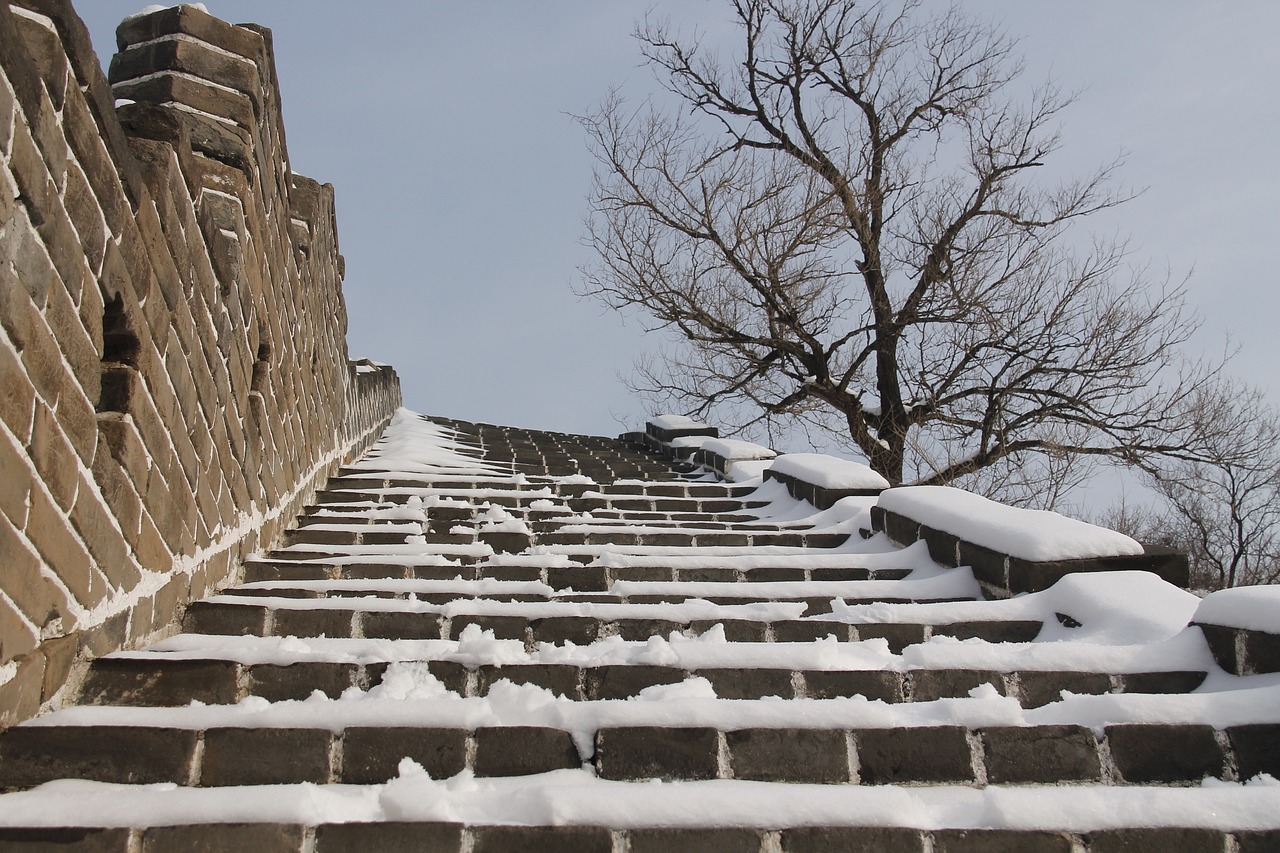
- Emphasized Keyword: cultural etiquette
- Respect Personal Space: Chinese people value personal space, so avoid standing too close to others.
- Table Manners: Learn basic table manners, such as using chopsticks correctly and not sticking them upright in a bowl.
- Gift Giving: If invited to someone’s home, it’s customary to bring a small gift, such as tea or fruit.
- Politeness: Be polite and respectful when interacting with locals, using appropriate greetings and maintaining a calm demeanor.
Conclusion
Exploring Beijing China can be an unforgettable experience filled with rich history, vibrant culture, and delicious cuisine. By following these practical tips, you’ll be well-prepared to navigate the city, immerse yourself in its attractions, and embrace the local customs. Remember to stay safe, respect the local culture, and make the most of your time in this captivating capital city.
References
– Lonely Planet: www.lonelyplanet.com
– China Highlights: www.chinahighlights.com
– The Beijinger: www.thebeijinger.com
– Trip.com: www.trip.com

